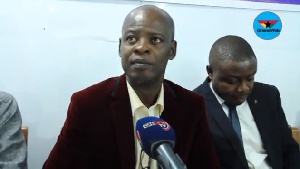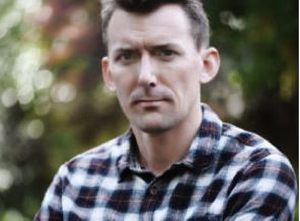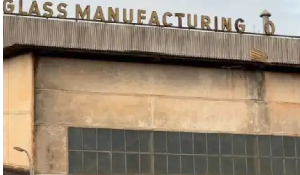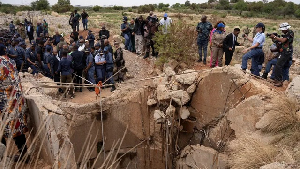Chairman of the Public Interest and Accountability Committee (PIAC), Dr. Steve Manteaw has tasked the government to find more sustainable sources of funding for the Free SHS Policy.
He opined that depending solely on the oil revenue to fund the policy is not sustainable, pointing out that natural resources just like oil will deplete at a point in time.
“The Free SHS is a good policy and we are all happy the government is implementing this policy, the only worry is that the source of funding, which is oil revenue is not sustainable enough so the government should look for a more sustainable and other alternative funds to finance this policy.”
Dr. Steve Manteaw was speaking at a Public Forum at Goaso in the Asunafo North Municipality of the Brong Ahafo Region.
He is leading a team of PIAC members and members of the Institute of Economic and Financial Journalists to monitor oil funded projects in some parts of the Brong Ahafo Region.
As part of the visit, the team also engaged the public to brief them on the oil find and revenue accrued to the nation since commercial production began.
He told the public at Goaso that between 2010 and 2017, Ghana has produced over two million barrels of oil. Total money accrued from 2011 and 2017 is $4,009 billion.
The NPP government is financing its flagship program, the Free SHS with one third of the oil revenue
In 2017, the first year of the policy, a total of GHC 196,379,893.20 was used to finance the Free SHS.
Dr Steve Manteaw reiterated, “Natural resources no matter its lifespan will deplete and same can be said of oil. So it was high time government looked for other sources of revenue to finance the Free SHS if it will be sustainable as oil revenue alone cannot finance the policy.”
Some members of the public at Goaso regretted that until the visit and sensitisation by PIAC, they never knew the region had benefitted from the oil revenue.
They recommended the mounting of signages on projects financed with oil revenue to educate the public the source of funding.
Other concerns raised included involving the community in priority projects selection and the need to also involve the district assemblies in contracts awarding and execution so they can demand quality work from the contractor working on projects in their communities.
General News of Sunday, 27 May 2018
Source: 3news.com

















